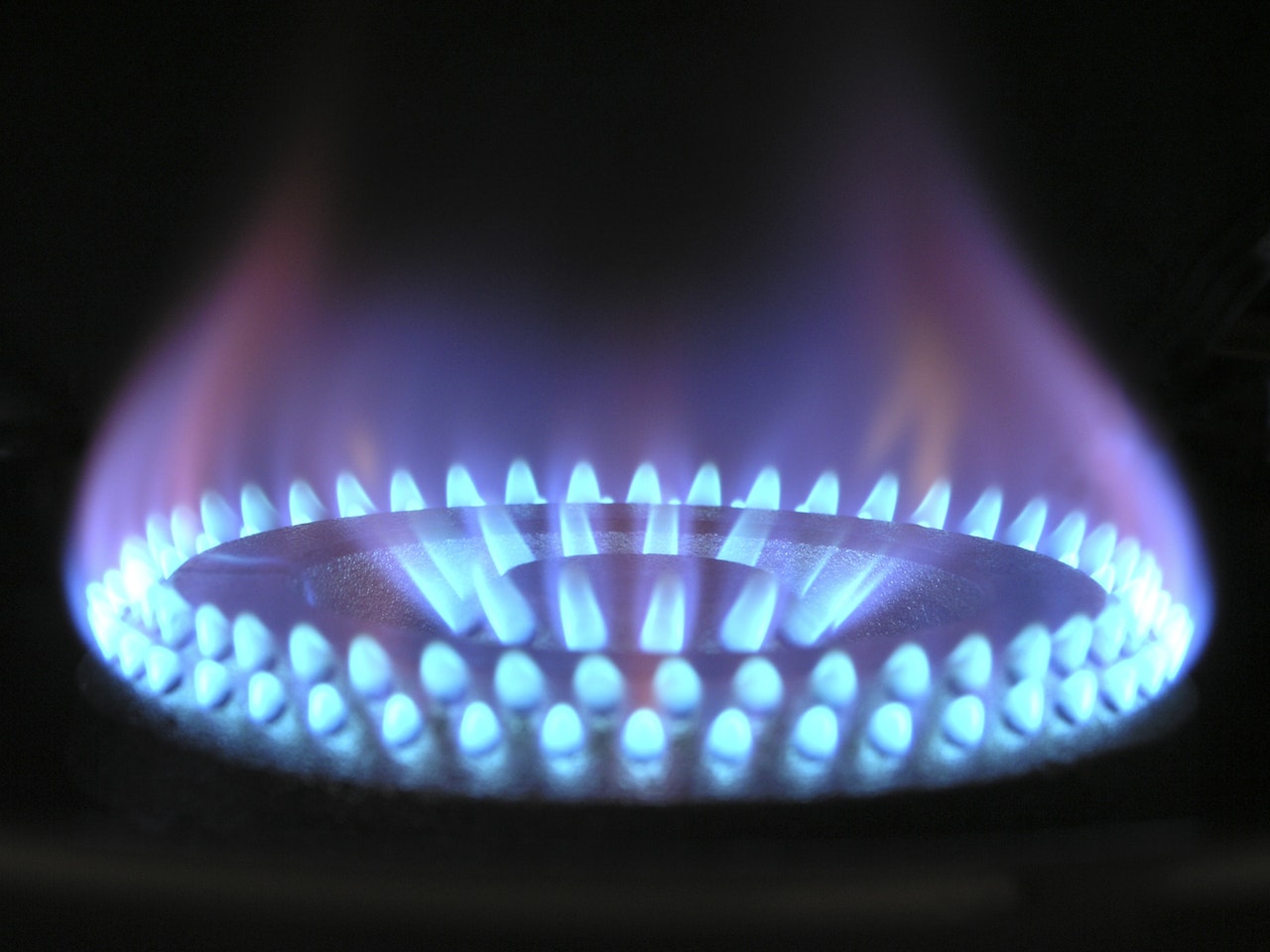Comments
- No comments found

Direct debit is the most popular way consumers pay for energy use.
Paying for your energy by direct debit tends to be cheaper than paying once you've received your bill.
If you pay for your gas or electricity by direct debit, the payments will usually be based on an estimate of the amount of energy you'll use over a year.
Your payments will increase if you use more energy than the supplier has estimated. You might also have to pay for the extra energy you used.
Some energy suppliers have been given a three-week deadline to explain accusations they have increased customers' direct debit payments by "more than is necessary.
Jonathan Brearley, boss of the energy regulator Ofgem, said there were "troubling signs" of the tactic.
He also expressed concern over customers being directed to inappropriate deals.
The hospitality sector is struggling with inflation and the lingering effects of the Covid-19 pandemic.
Several big energy firms are refusing to supply small businesses out of concern that they could go bust.

Energy prices keep on rising. Official reviews have now been launched.
Boris Johnson acknowledged that "there is more that we can do" to help families struggling with rising fuel and energy bills.
Opposition parties have called for a windfall tax on energy company profits, with Labour accusing him of offering "no answers" to a "cost of living crisis".
Since the 1st April 2022, yearly bills increased by an average of £693 for about 18 million households on standard tariffs.
Council tax, water bills and car tax have also increased since the 1st April.
On a positive note, minimum wage rates are rising which, along with some financial support from the government, is partially softening the blow.
The energy regulator Ofgem had received information from consumer groups and the public about "bad practices" by some suppliers.
Ofgem has powers to issue "substantial fines" of up to 10% of turnover to firms found failing to comply.
As we head into autumn, the cost-of-living crisis is set to intensify further.
Leave your comments
Post comment as a guest